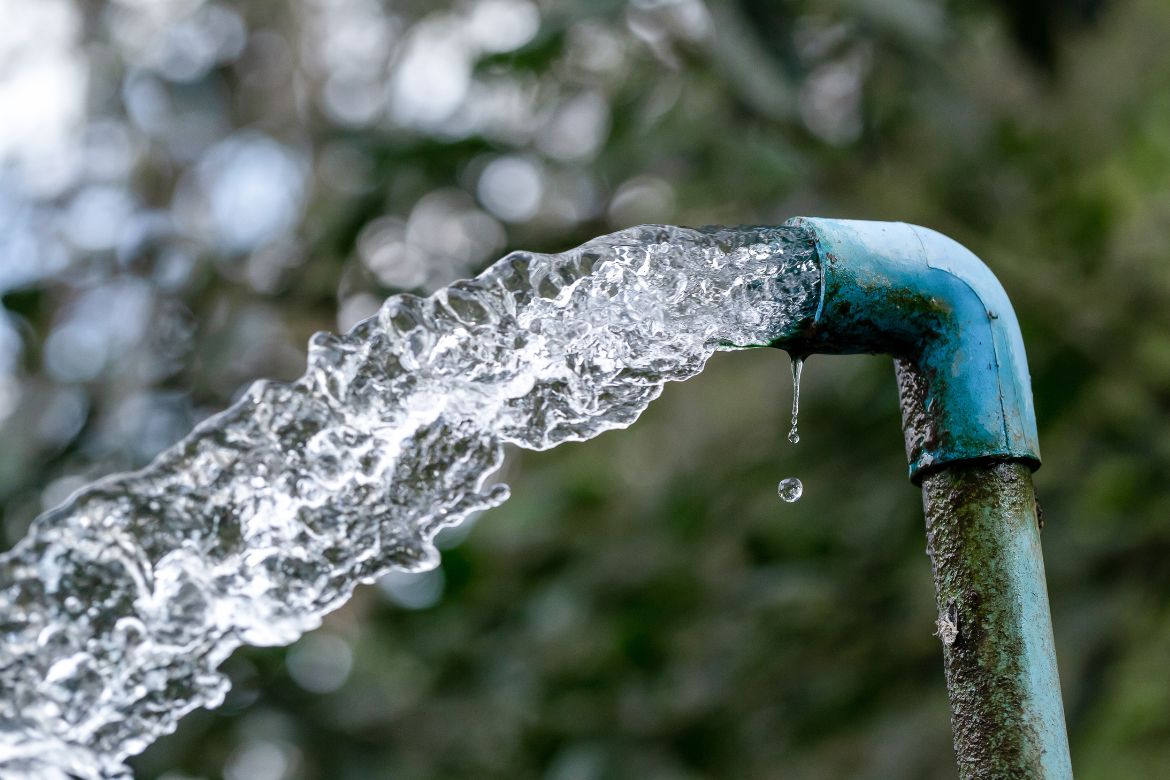Rury wodociągowe – z jakich materiałów?
Rury wodociągowe dostarczają wodę pitną do mieszkań, domów i innych budynków. Transportują one wodę pitną, podobnie zresztą jak inne elementy sieci wodociągowej, muszą więc spełniać szereg wymagań. Rury, które wykorzystywane są w sieciach wodociągowych, wykonuje się z tworzyw sztucznych oraz metali.
Jakie wymagania powinny spełniać rury wodociągowe?
Aby rury mogły być wykorzystywane w zewnętrznych sieciach wodociągowych lub domowych instalacjach wodociągowych, muszą spełniać szereg wymogów. Transportować mają przecież wodę pitną. Do najważniejszych cech rur wodociągowych należy zaliczyć odporność na korozję i osady kamienne. Mają styczność z wodą, istnieje więc realne zagrożenie pojawienia się rdzy. Natomiast, aby nie dochodziło do odkładania się osadów w rurach, ich wewnętrzna powierzchnia powinna być gładka. Ważne również, aby rury wodociągowe były odporne na czynniki zewnętrze i trwałe.
Ponadto rury wodociągowe muszą spełniać inne wymagania jeśli stosuje się je w sieci zewnętrznej, w ziemi, w instalacji w budynkach: w ścianach, bądź stropach. Ważne jest też, czy medium ma być woda ciepła, czy zimna. Rury produkuje się z następujących materiałów:
- metale,
- tworzywa sztuczne.
Rury wodociągowe z tworzyw sztucznych
Zaletami rur wodociągowych wytwarzanych z tworzyw sztucznych jest to, że są trwałe, lekkie, łatwe w obróbce, montażu oraz łączeniu, a także odporne na osady kamienne. Odporność na temperaturę rur z tworzyw sztucznych zależy od materiału z jakiego taka wyprodukowano rurę. Bardzo ważne, aby uwzględnić to w przypadku, gdy rura doprowadzać ma ciepłą wodę np. do kranu, czy prysznica. Rury z tworzyw sztucznych są tanie. Do ich montażu i połączeń potrzebne będą kształtki. Rury wodociągowe produkuje się z następujących tworzyw sztucznych:
- PVC (polichlorek winylu),
- PE (polietylen),
- PE-X (polietylen sieciowany),
- PB (polibutylen),
- PP (polipropylen).
Przewody wodociągowe z tworzyw sztucznych najczęściej wykonuje się z polietylenu (PE) oraz polichlorku winylu (PVC). PE może być lżejszy nawet od PVC. Rury do budowy sieci wodociągowych produkuje się z dwóch typów polietylenu: PE 80 i PE 100, które różnią się wytrzymałością. Polecamy lekkie, wytrzymałe i elastyczne rury PE: rura wodociągowa 50×4,6 PE/PE100, rura wodociągowa 32×3,0 PE/PE100 oraz rura wodociągowa 125×7,4 PE/PE100.
Metalowe rury wodociągowe
Instalacje i sieci wodociągowe wykonuje się również z elementów metalowych. Większość rur metalowych może ulegać korozji, gdy nie są odpowiednio zabezpieczone. Dotyczy to również rur miedzianych. Wśród metali, wykorzystywanych do produkcji rur i innych elementów instalacji wodociągowych, należy wymienić:
- stal,
- miedź,
- żeliwo.
Instalacja wodociągowa, wykonana z rur miedzianych, jest stosunkowo kosztowna. Ma jednak tę zaletę, że jest trwała i posiada właściwości bakteriostatyczne. Rury miedziane są odporne na powstawanie kamiennych osadów, a także w większości przypadków na korozję (korozja może mieć miejsce, gdy miedź łączy się z aluminium, stalą, niektórymi związkami w wodzie lub z wodą miękką, czyli o odczynie kwaśnym). Rury miedziane są odporne na wysokie temperatury – mogą być używane do doprowadzania ciepłej wody.
Żeliwo jest bardzo dobrym, trwałym materiałem stosowanym w instalacjach wodociągowych, stosuje się je zwłaszcza w podziemnych rurociągach zewnętrznych sieci wodociągowych. Najlepsze właściwości ma żeliwo sferoidalne.
W przeszłości w wewnętrznych instalacjach wodociągowych oraz zewnętrznych sieciach wodociągowych stosowane były także rury stalowe. Współcześnie odchodzi się jednak od tego rozwiązania. Jednym z najważniejszych powodów jest podatność stali na korozję. Wciąż jeszcze, zwłaszcza w starszych budynkach, można spotkać się ze stalowymi rurami.
Materiały stosowane do rur w instalacjach i sieciach wodociągowych powinny cechować się takimi właściwościami jak: odporność na korozję i tworzenie się osadów, trwałość i odporność na czynniki zewnętrzne. Pozostałe właściwości należy dobierać do konkretnego zastosowania rury.
